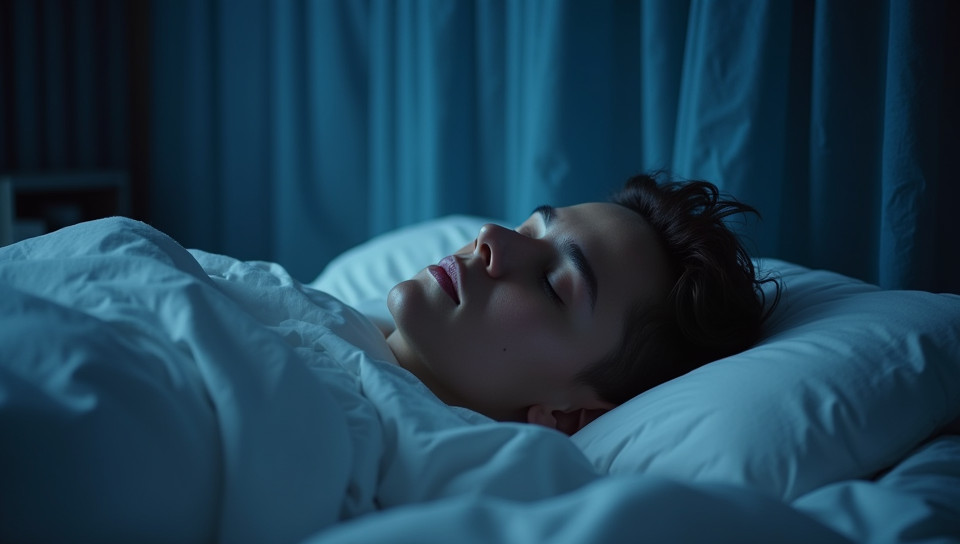Melatonin lack disrupts sleep patterns 100%

The Silent Sleeper: How Melatonin Lack Disrupts Our Rest
Imagine drifting off to sleep, only to wake up in the middle of the night, unable to fall back asleep. You feel tired, groggy, and unrefreshed. This can be a frustrating experience, especially when you know you've done everything right – gone to bed on time, created a relaxing bedtime routine, and avoided screens before sleep. But what if we told you that the culprit behind your disrupted sleep patterns might not be your habits or environment, but rather a chemical imbalance in your body?
What is Melatonin?
Melatonin is a hormone produced by the pineal gland, a small endocrine gland located in the brain. It plays a crucial role in regulating our sleep-wake cycles, also known as circadian rhythms. Melatonin levels typically rise in the evening, helping us feel drowsy and relaxed, and decrease in the morning, making us feel alert and awake.
Signs of Melatonin Lack
Melatonin lack can manifest in different ways, including:
- Difficulty falling asleep
- Frequent nighttime awakenings
- Insomnia or sleep deprivation
- Fatigue or lethargy during the day
- Mood swings, irritability, or anxiety
Causes of Melatonin Lack
There are several reasons why melatonin levels may be low. Some common causes include:
- Aging: As we age, our pineal gland produces less melatonin.
- Shift work or irregular schedules: Working at night or rotating shifts can disrupt natural sleep patterns and melatonin production.
- Light exposure: Prolonged exposure to artificial light in the evening can suppress melatonin release.
- Certain medications: Some prescription medications, such as antidepressants and blood pressure medications, can interfere with melatonin production.
Consequences of Melatonin Lack
Chronic melatonin lack can have serious consequences on our overall health. Research has linked it to:
- Increased risk of chronic diseases, such as diabetes, cardiovascular disease, and obesity
- Weakened immune system
- Mood disorders, including depression and anxiety
- Cognitive impairment and decreased productivity
Conclusion
Melatonin lack is a common yet often overlooked issue that can have far-reaching consequences on our sleep patterns, overall health, and quality of life. By understanding the causes and signs of melatonin deficiency, we can take steps to regulate our natural sleep-wake cycles and improve our well-being. If you're struggling with sleep disruptions or fatigue, consider speaking with a healthcare professional about melatonin supplements or other treatments that may be right for you. Remember, a good night's sleep is just a hormone away!
- Created by: Angela Francisco
- Created at: Oct. 13, 2024, 8:39 p.m.
- ID: 12503








